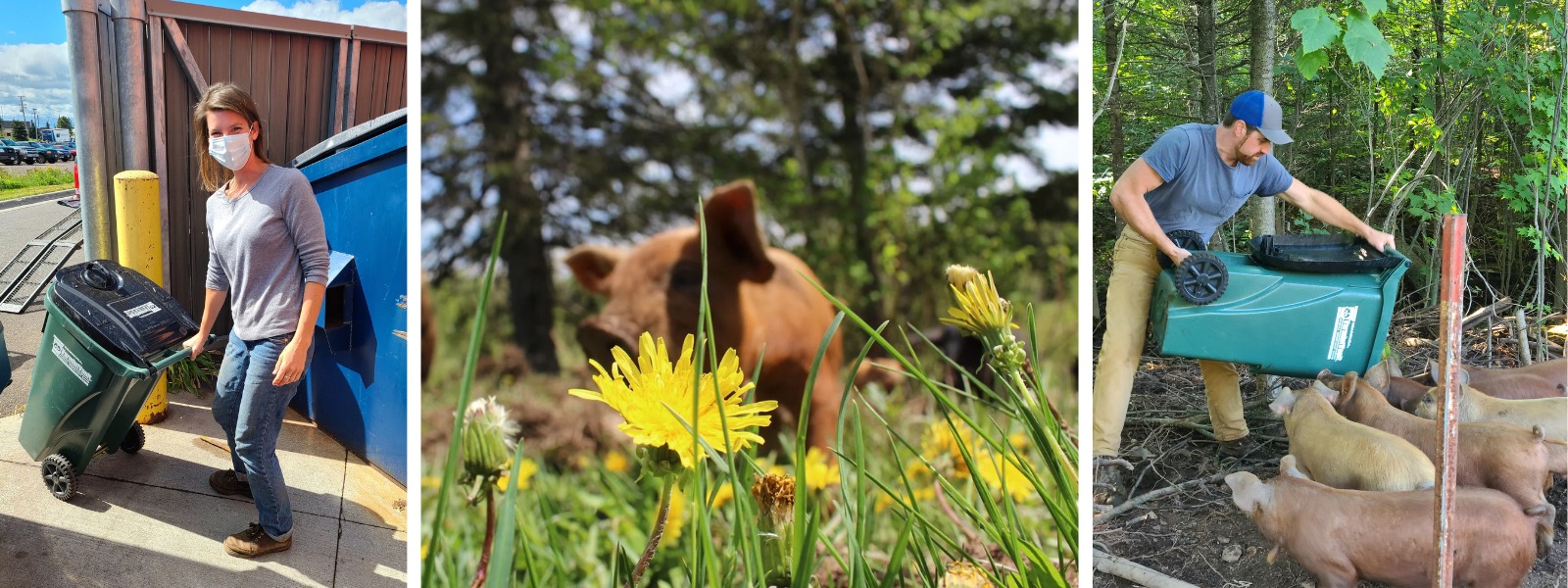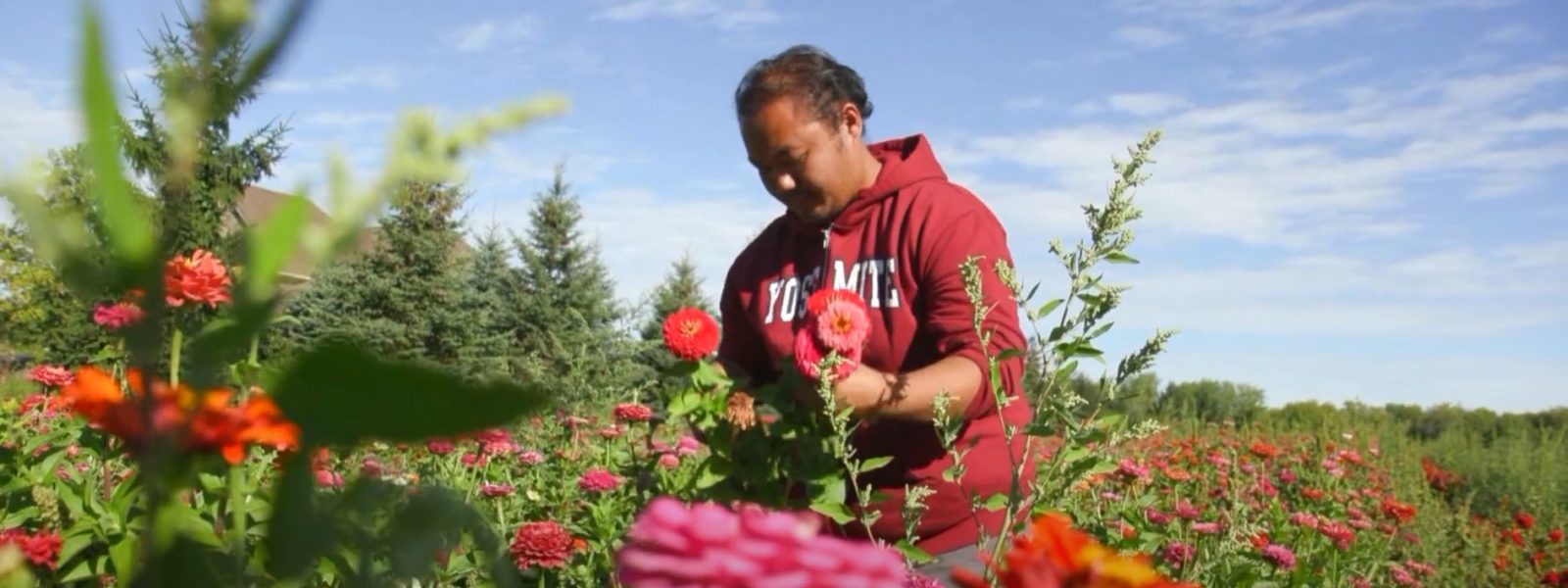Across Minnesota and Wisconsin, hardworking farmers who grow and make the best, high-quality food are struggling to stay in-business. With declining numbers of wholesale orders from specialty stores, restaurants and schools coupled with fewer customers at farmers markets, small farmers and makers are feeling the pandemic’s impact on their livelihoods.
Farmers market vendors support the health of our community, our local economy and our environment. University of Minnesota researchers estimated 4.3 million visitors shopped for local food from nearly 600 farmers at the farmers markets in the metro area in 2019. They also noted that our local farmers markets supported 8,400 jobs and small market farmers cared for 32,000 acres of farmland.
Ensuring market vendors stay in-business and thrive is part of the Mill City Farmers Market Charitable Fund’s mission of supporting a healthier community. We designed the Next Stage Grant program to provide funding to local, regenerative farmers and other food makers who are improving sustainable farming and innovating their work.
Equipment and capacity building technologies increase yields, improve growing practices and support small sustainable businesses, farmers and makers in becoming more efficient and successful. Our grant program also provides hardship grants for farmers whose income has been severely impacted by the COVID-19 pandemic.

An example of this innovation comes from Salt and Light Heritage Farm in two Harbors, MN who received a Next Stage Grant in April when the pandemic began hitting small farms and businesses hard. Their project to buy bins to collect organic food waste from the local co-op to feed to their livestock has been a massive success, saving them money on premium organic feed for their pasture-raised animals. Leah Bailey who owns the farm with her husband Ron told us a few weeks ago,
“The project is actively changing our lives and bringing much needed financial security to the farm.”
With these grant projects, farmers and makers are able to improve efficiencies, increase yields and lessen the physical labor in farming. The projects have an enormous impact on small farmers and makers who already operate on razor-tight margins in a “normal” year. Whether it’s scaling up to commercial equipment for squash bread production or building cold storage to improve the quality and shelf life of crops, the grant program supports innovations, bringing farmers and makers to the “next stage” of their local food businesses.
Early giving is now underway for Give to the Max Day, coming up next Thursday, November 19th. Your donations to Mill City Farmers Market Charitable Fund throughout this state-wide push will support the Next Stage Grant program. Additionally, thanks to a generous matching grant from CoBank, your donation will be matched dollar-for-dollar up to $21,000. Double your impact and support local farmers and makers today!
